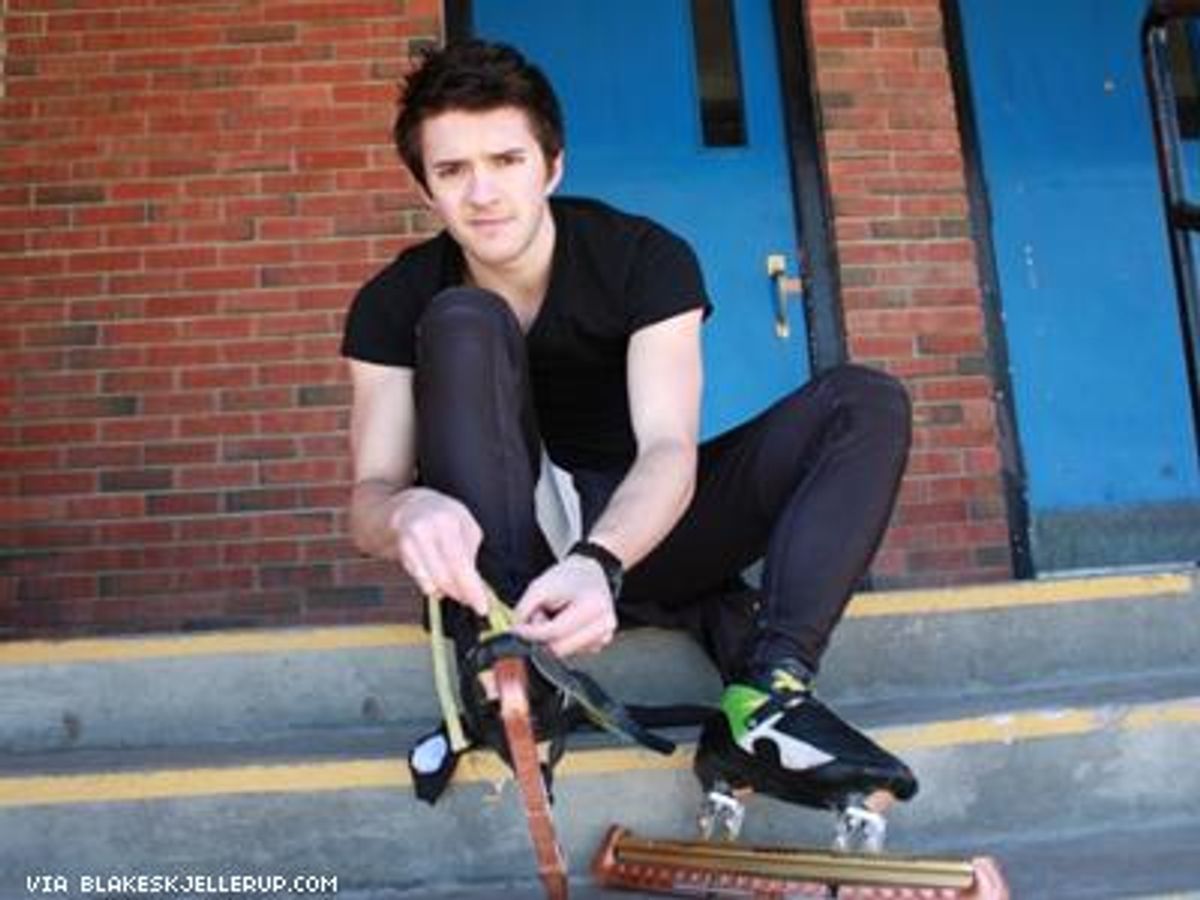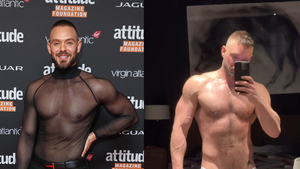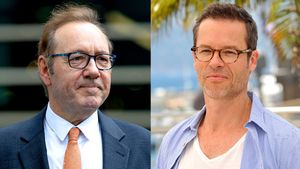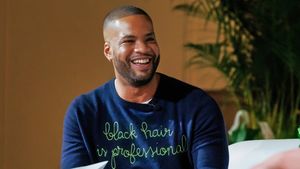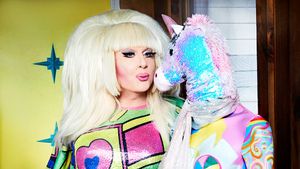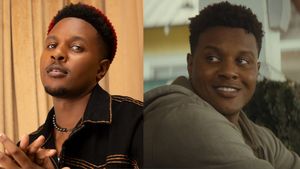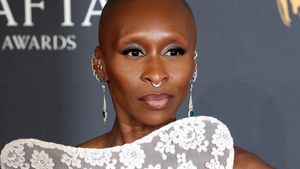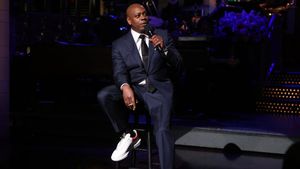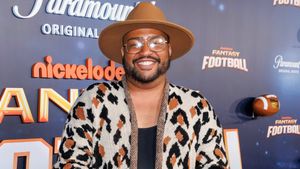An openly gay speed skater in New Zealand is not only hoping to represent his home country at the Winter Olympic Games in Sochi, Russia, next year, but also planning to take a stand for LGBT people the world over.
Blake Skjellerup competed on Team New Zealand in the 2010 Olympics, and won six national titles, according to CBS News. And if he makes it to Sochi next year, he's going to do so wearing the same rainbow pride pin he wore at the 2012 Olympic games, despite a Russian ban on so-called "propaganda" supporting any "non-traditional sexual relations."
"I'm going to do my best to be in Russia," Skjellerup told CBS. "If I'm stopped at the border, I'm stopped at the border. My presence there is going to be important for me and important for the community and I guess we're just going to have to wait and see."
President Vladimir Putin signed the ban on so-called homosexual propaganda into law last month, drawing international criticism as LGBT rights activists have been violently silenced in Russia. The International Olympic Committee issued assurances that openly LGBT athletes will be safe in Sochi and not subject to the national law, which imposes fines and prison sentences for any speech or behavior that could be seen as advocating "non-traditional sexual relations" to minors.
Most recently, four Dutch filmmakers were arrested in the country for attempting to shoot a documentary about the lives of LGBT Russians. And photos of a neo-Nazi group allegedly tormenting gay teens were spread online by the human rights group, Spectrum Human Rights Alliance. Peaceful protestors unfurling rainbow flags have been beaten by police and angry citizens in Moscow, St. Petersburg, and around the country.
But late last month, Russian lawmaker Vitaly Milonov, who co-sponsored the bill and is a member of the ruling United Russia Party, told the BBC that Russian officials do not have the authority to suspend the ban's enforcement during the Sochi 2014 games.
"If a law has been approved by the Federal legislature and signed by the president, then the government has no right to suspend it," Milonov told BBC's Russian-language outlet on July 30. "It doesn't have the authority."
Earlier this week, the Russian sports minister told national news agency RIA Novosty that the law isn't intended to punish LGBT athletes, but that Olympic visitors and competetors should abide by Russian law.
"An athlete of nontraditional sexual orientation isn't banned from coming to Sochi," Vitaly Mutko said, according to a translation by the Associated Press. "But if he goes out into the streets and starts to propagandize, then of course he will be held accountable."
